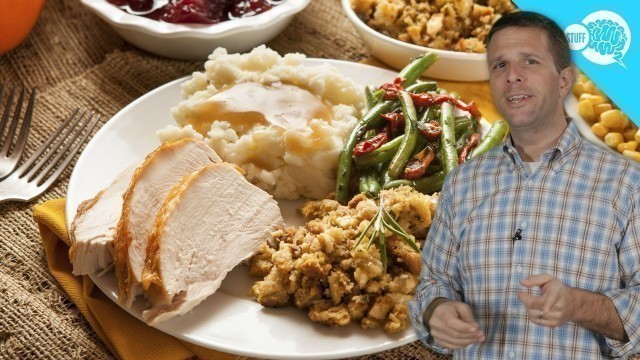

'What\'s the science behind food comas? Why are they associated with Thanksgiving? Learn more at HowStuffWorks.com: http://science.howstuffworks.com/innovation/edible-innovations/question519.htm Share on Facebook: http://goo.gl/xm8gOj Share on Twitter: http://goo.gl/s481R2 Subscribe: http://goo.gl/ZYI7Gt Visit our site: http://www.brainstuffshow.com Ben Franklin once said, “Eat not to dullness, drink not to elevation.” The American Founding Fathers are frequently a confounding lot, but this one seems pretty straightforward: Ben Franklin was suggesting it’s best not to get wasted when you drink and not to eat until you enter a food coma. Although he was aware of its existence, Ben Franklin could no more explain the food coma than modern science can today. It’s a mystery of biology. But this hasn’t stopped scientists from slapping a clinical term on it: postprandium somnolence. Post meaning “after” and “prandium” from the Latin for luncheon. It describes the sensation of getting sleepy after a big meal. But food comas are counterintuitive. After we stuff our stomachs with lots of calories, we should have an increase in energy, not a sudden decrease. And, following this logic, the more we eat, the more energetic we should be, no? Mysterious indeed. One food coma hypotheses is that the introduction of lots of food to the gut causes the body to redirect blood there to aid in digestion. Some of this redirected blood is taken from the brain, which leaves the human who’s recently eaten a big meal in a stupor. Sounds logical and hilarious, but, unfortunately, it’s wrong. Because it’s so important (and, possibly, because it’s the organ in charge of directing blood flow) the brain receives a steady supply of blood to meet its energy demands. While it is true that your gut receives more blood flow to aid in digestion, it comes from the skeletal muscles, not the brain. How about another one? The tryptophan myth. This one is commonly believed because so many people experience the food coma on Thanksgiving, and turkey – which contains lots of tryptophan – is a common feature of the Thanksgiving meals that lead to food comas. Tryptophan is an amino acid that is a precursor to serotonin, which is a neurotransmitter that is a precursor to melatonin, which is a hormone that aids in sleep. The logic goes that when eating a big turkey dinner, we eat a lot of tryptophan, which is ultimately converted to melatonin; hence the food coma. The problem with this hypothesis is that there’s more tryptophan in lots of other foods, like cheddar cheese, bacon, salmon and chicken that we don’t normally associate with food comas. Researchers believe that we’d have to ingest tryptophan alone on an empty stomach to notice any effect. When we eat it in food, it enters competition with all of the other fats, proteins and amino acids in food. So less of it gets absorbed and converted into melatonin. BUT! There is some science behind the Thanksgiving food coma. It turns out that when we eat lots of carbohydrates – like we do on Thanksgiving – the insulin released causes other proteins and amino acids to be absorbed by the muscles, but leaves the tryptophan untouched and in greater concentrations in the blood. This could ultimately produce a postprandium somnolent effect. And then there’s orexin. One of this neurotransmitter’s roles is to promote wakefulness and when the neurons that make it are turned off, we get drowsy. A 2006 study found that even modest increases in blood glucose – which rises when we eat – can lead to a decrease in orexin. So perhaps this is the key to food comas. For the time being, though, the jury is still out: We know food comas happen, we just don’t know how. So let’s order some wings and pizza and do some more science! SOURCES: http://www.pbs.org/newshour/rundown/why-turkey-makes-us-sleepy/ http://www.huffingtonpost.com/2012/11/22/sleepy-after-eating-a-big-meal-why_n_2171058.html http://www.livescience.com/41543-thanksgiving-myth-busted-eating-turkey-won-t-make-you-sleepy.html http://www.ncbi.nlm.nih.gov/pubmed/15488646 http://link.springer.com/chapter/10.3920/978-90-8686-763-9_8#page-1 http://www.newscientist.com/article/dn9272-why-we-need-a-siesta-after-dinner.html http://www.chicagotribune.com/lifestyles/food/chi-tryptophan-in-turkey-thanksgiving-food-myth-20141125-htmlstory.html http://www.etymonline.com/index.php?term=postprandial http://www.ncbi.nlm.nih.gov/pubmed/16731510 http://blogs.scientificamerican.com/doing-good-science/2011/11/23/why-does-thanksgiving-dinner-make-you-sleepy/ http://www.cell.com/neuron/abstract/S0896-6273%2811%2900782-3'
Tags: calories , science , technology , sleep , carbs , turkey , howstuffworks , Thanksgiving , food coma , tryptophan , nap , napping , how stuff works , stuff you should know , tired after eating , food comas , why am i tired after i eat , brainstuff , brain stuff , josh clark , orexin , how do food comas work , cabohydrates
See also:
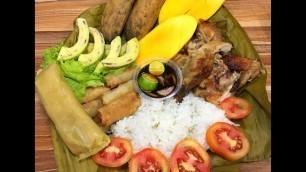

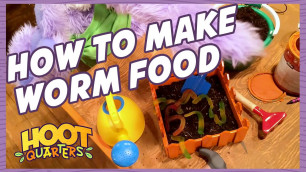

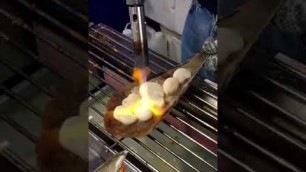
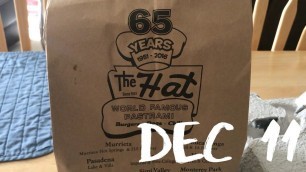

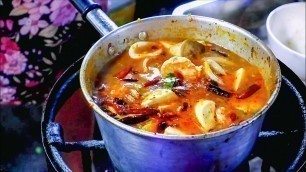
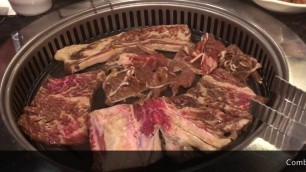

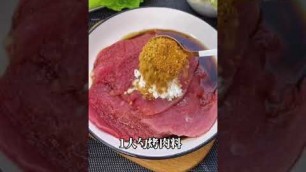
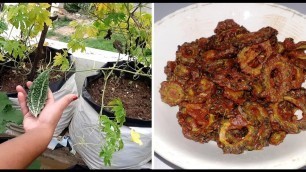

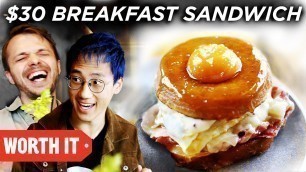


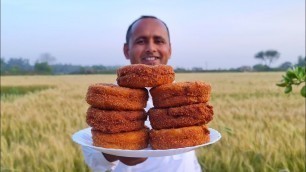
comments